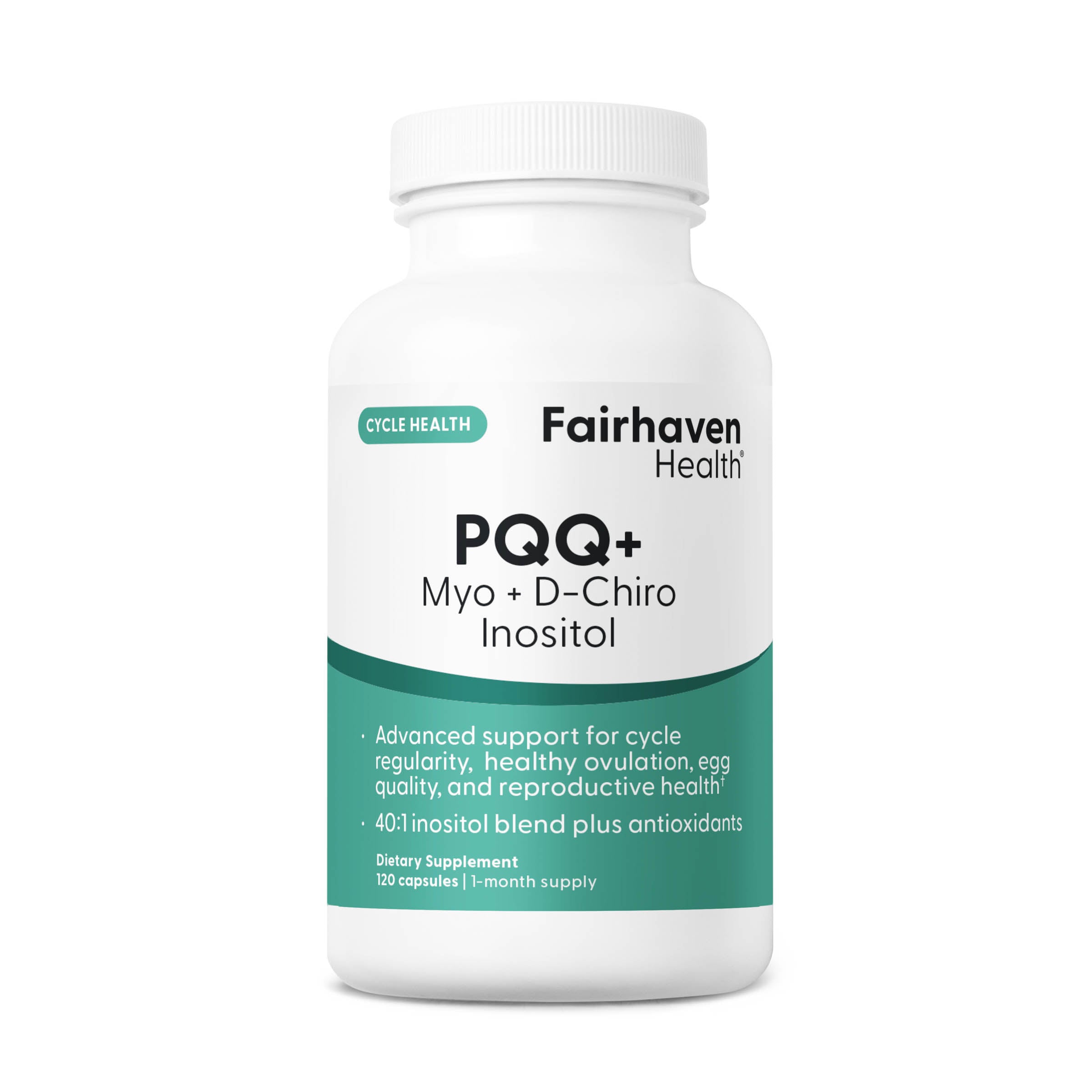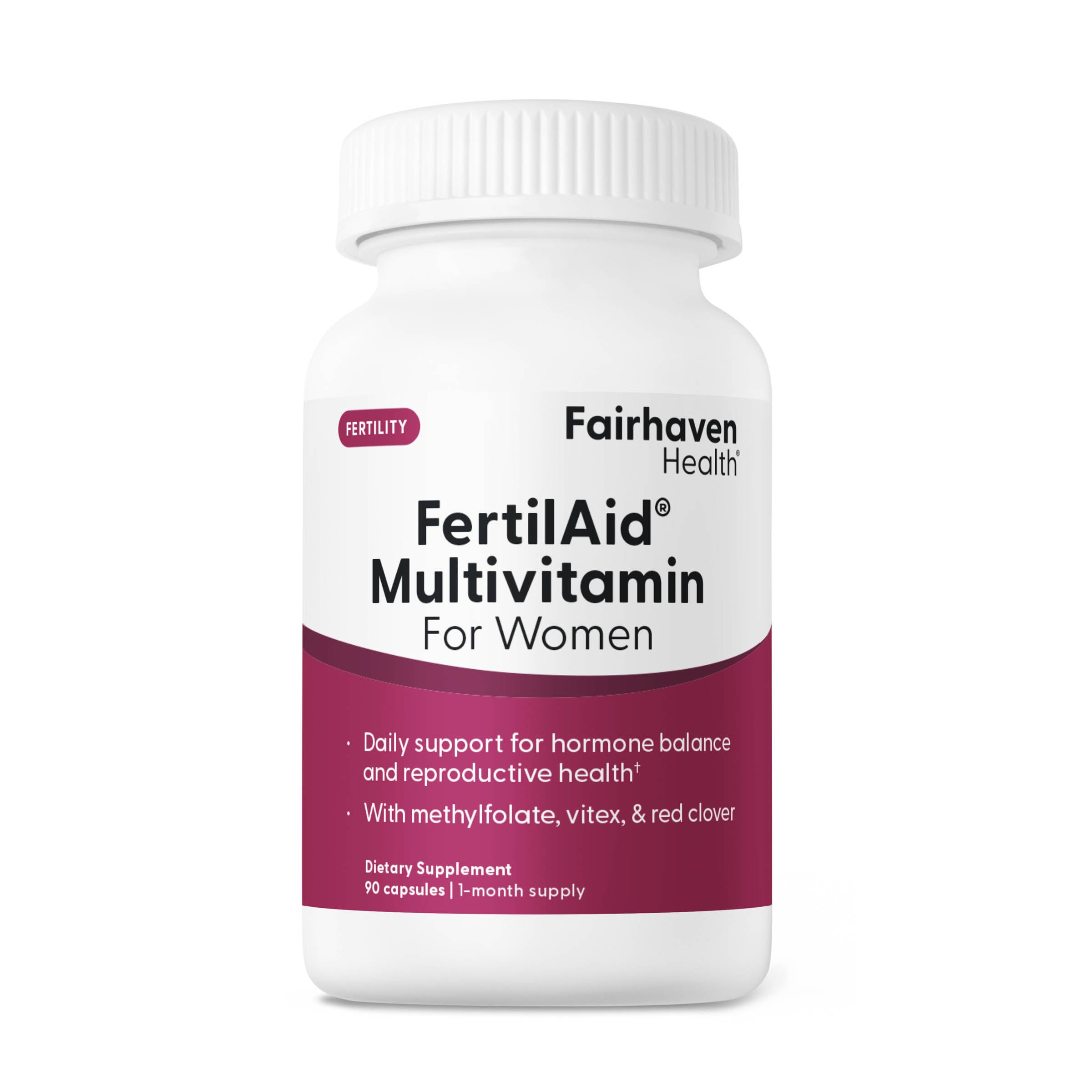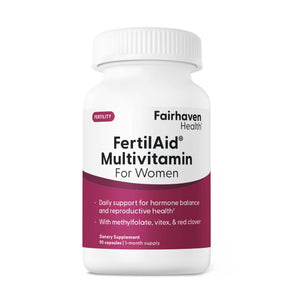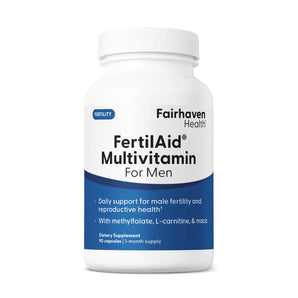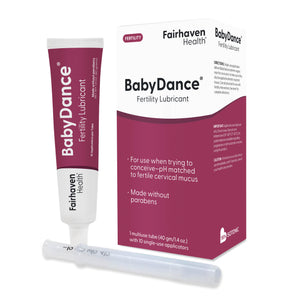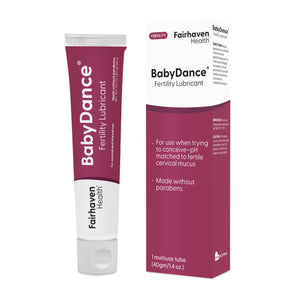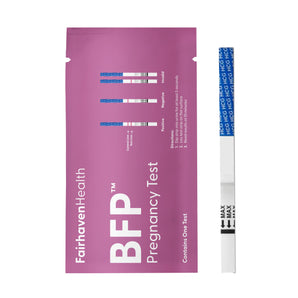By Chris D. Meletis, N.D.
You probably know that age affects a woman’s chance of getting pregnant. But a new study shows that men also have a biological clock that can impact a couple’s chances of conceiving far more than previously thought.1 The same study also found that older women’s eggs aren’t as good at compensating for a man’s sperm defects as younger women’s eggs.
The study focused on almost 19,000 IVF cycles and found that the father’s age could affect the live birth rate far more than previously thought. The findings were presented at the 38th Hybrid Annual Meeting of the ESHRE in Milan, Italy, on July 3 – 6, 2022, and published in the journal Human Reproduction.
Age Impacts the Fertility of Both Women and Men

For women under 35, or older than 40, the male partner’s age didn’t influence the chances of having a baby. However, for women between the ages of 35 and 40, the live birth rate significantly declined if the male partner was 40 or older. When the father was under 35, the live birth rate was 32.8%. By the time the father was 40 to 44, the live birth rate had dropped to 27.9%. When the male partners were older than 55, the live birth rate dropped to 25%.
While the results above confirmed what we’ve long expected about the age-related decline in fertility, there was another fascinating, more surprising, finding in this study. Eggs from women under the age of 35 can repair the DNA damage found in the sperm of older males. Eggs from women older than 40 aren’t as good at fixing sperm damage, likely due to decreased egg quality.
These findings show that both older men and women trying to conceive can benefit from taking steps to counteract the effects of aging on reproductive health.
Are Damaged Mitochondria to Blame?
This study did not go into the effects that a lifetime of toxic accumulation has on the mitochondria, the powerhouses of the cells. However, research shows that declining mitochondrial health can impact fertility in both men and women.
Damaged mitochondria play an important role in ovarian aging and reduced egg quality.2 Meanwhile, mitochondrial rejuvenators like the antioxidant coenzyme Q10 can restore mitochondrial function in eggs and support fertility during reproductive aging.3 Healthy mitochondria also contribute to spermatogenesis and male fertility. Therefore, the reason why older men have a reduced live birth rate could be due to the mitochondrial damage that occurs with aging.
The connection between declining mitochondrial health during aging and male and female fertility suggests that supporting healthy mitochondria may lead to better reproductive outcomes in older men and women.
Dr. Chris Meletis
 Dr. Chris Meletis is an educator, international author and lecturer. His personal mission is “Changing World’s Health One Person at a Time.” Dr Meletis has authored 18 books and over 200 national scientific articles in journals including Natural Health, Alternative and Complementary Therapies, Townsend Letter for Doctors and Patients, Life Extension, Natural Pharmacy, and PubMed.gov articles.
Dr. Chris Meletis is an educator, international author and lecturer. His personal mission is “Changing World’s Health One Person at a Time.” Dr Meletis has authored 18 books and over 200 national scientific articles in journals including Natural Health, Alternative and Complementary Therapies, Townsend Letter for Doctors and Patients, Life Extension, Natural Pharmacy, and PubMed.gov articles.
Dr. Meletis served as Dean of Naturopathic Medicine and Chief Medical Officer for 7 years for the National College of Naturopathic Medicine (now the National University of Natural Medicine). He was awarded the 2003 Physician of the Year by the American Association of Naturopathic Physician of the Year by the American Association of Naturopathic Physicians. He has a deep passion for helping the underprivileged and spearheaded the creation of 16 free natural medicine healthcare clinics in the Portland metropolitan area of Oregon.
References
- Datta AK CS. O-297 Does advanced paternal age influence live birth rate independent of woman’s age: analysis of 18, 825 fresh IVF/ICSI cycles from a national (HFEA) database. Human Reproduction. 2022;37.
- May-Panloup P, Boucret L, Chao de la Barca JM, et al. Ovarian ageing: the role of mitochondria in oocytes and follicles. Hum Reprod Update. 2016;22(6):725-743.
- Ben-Meir A, Burstein E, Borrego-Alvarez A, et al. Coenzyme Q10 restores oocyte mitochondrial function and fertility during reproductive aging. Aging Cell. 2015;14(5):887-895.
- Vertika S, Singh KK, Rajender S. Mitochondria, spermatogenesis, and male infertility – An update. Mitochondrion. 2020;54:26-40.
